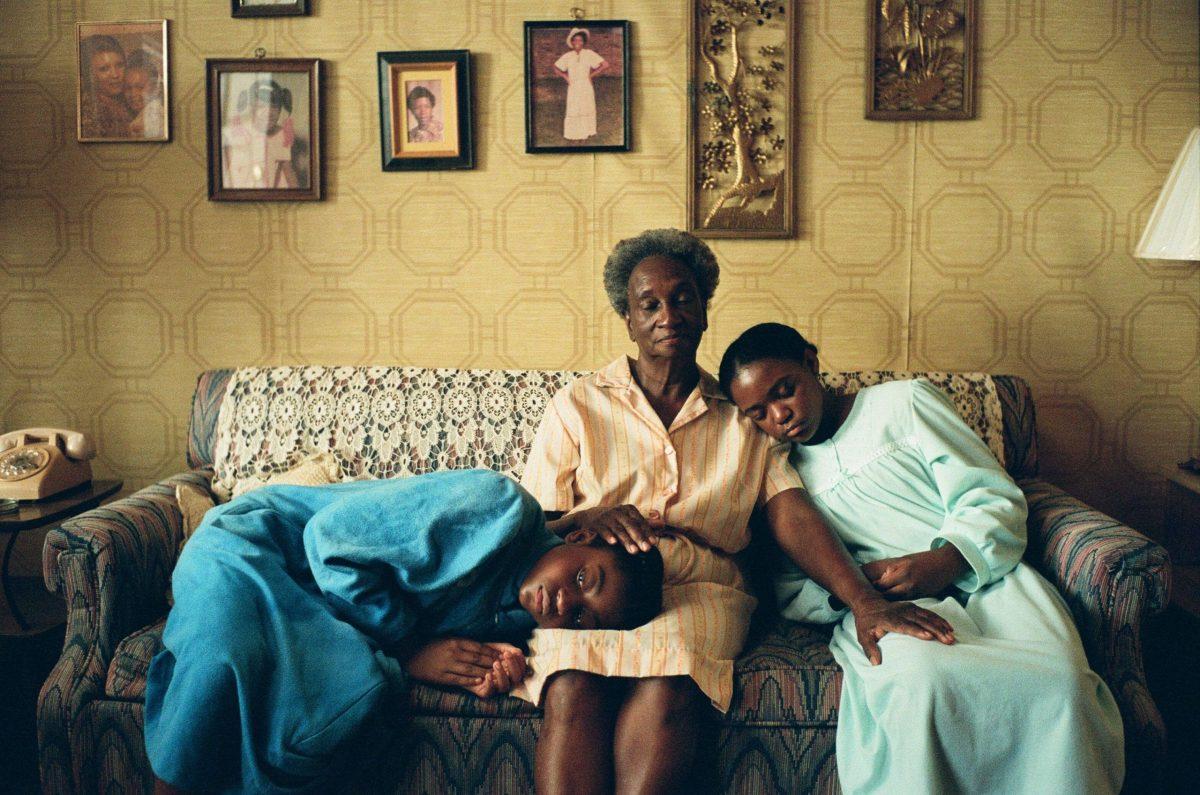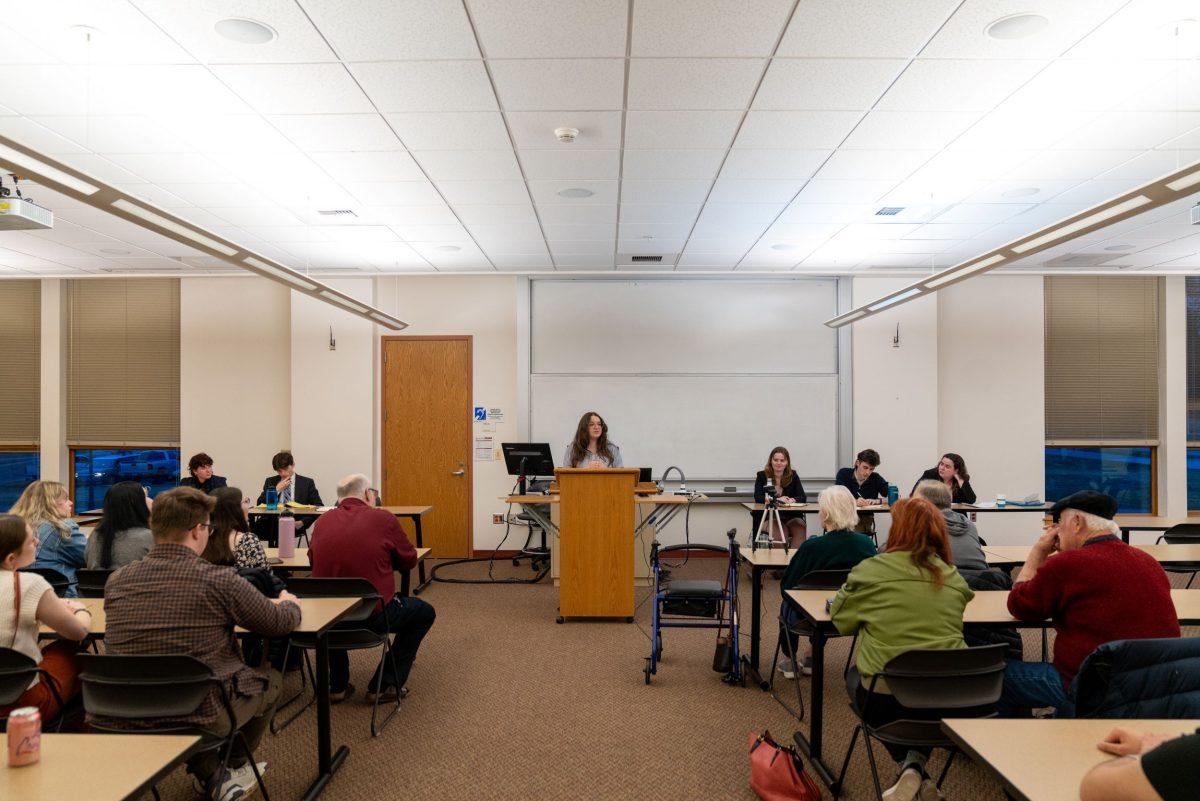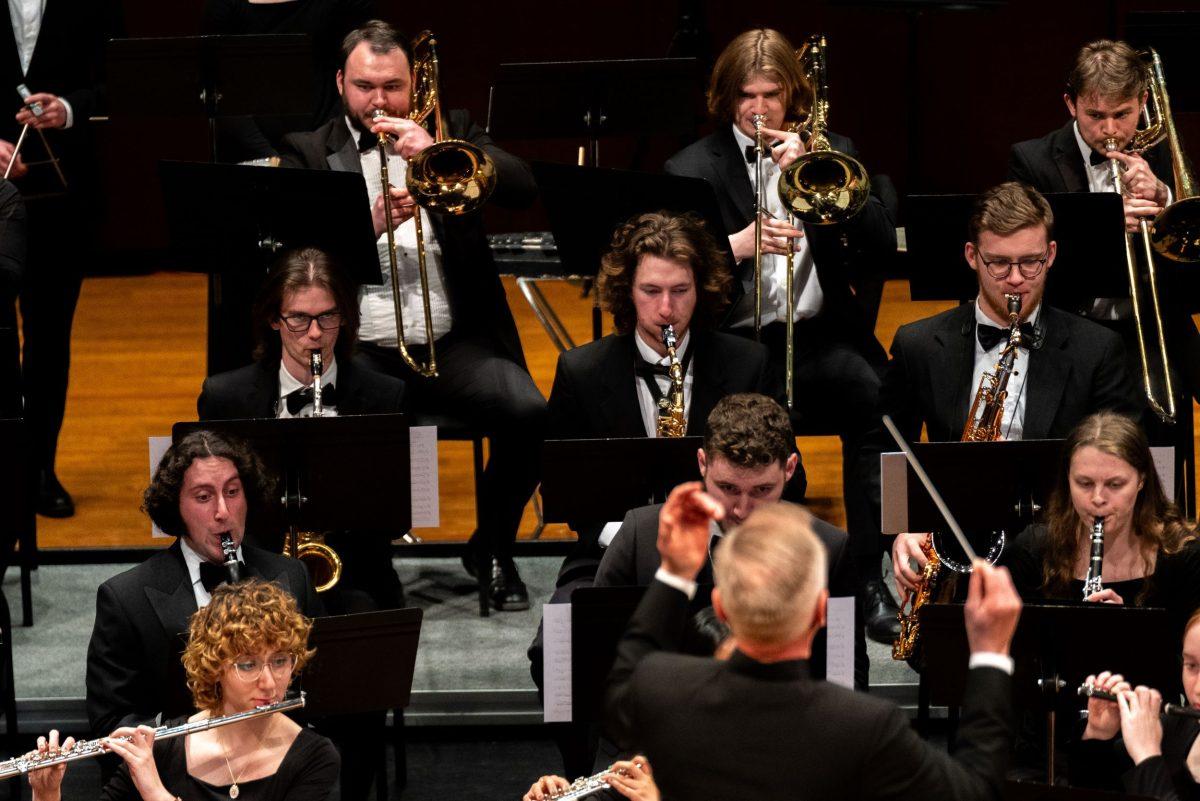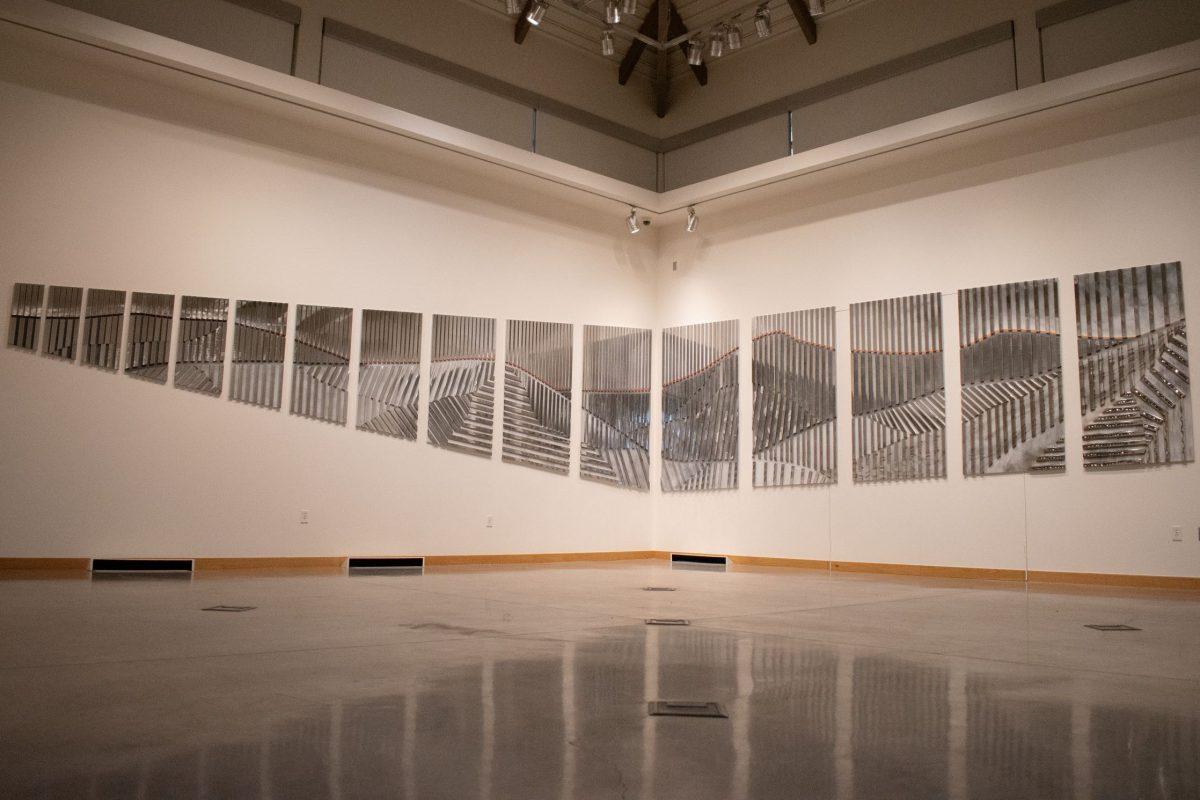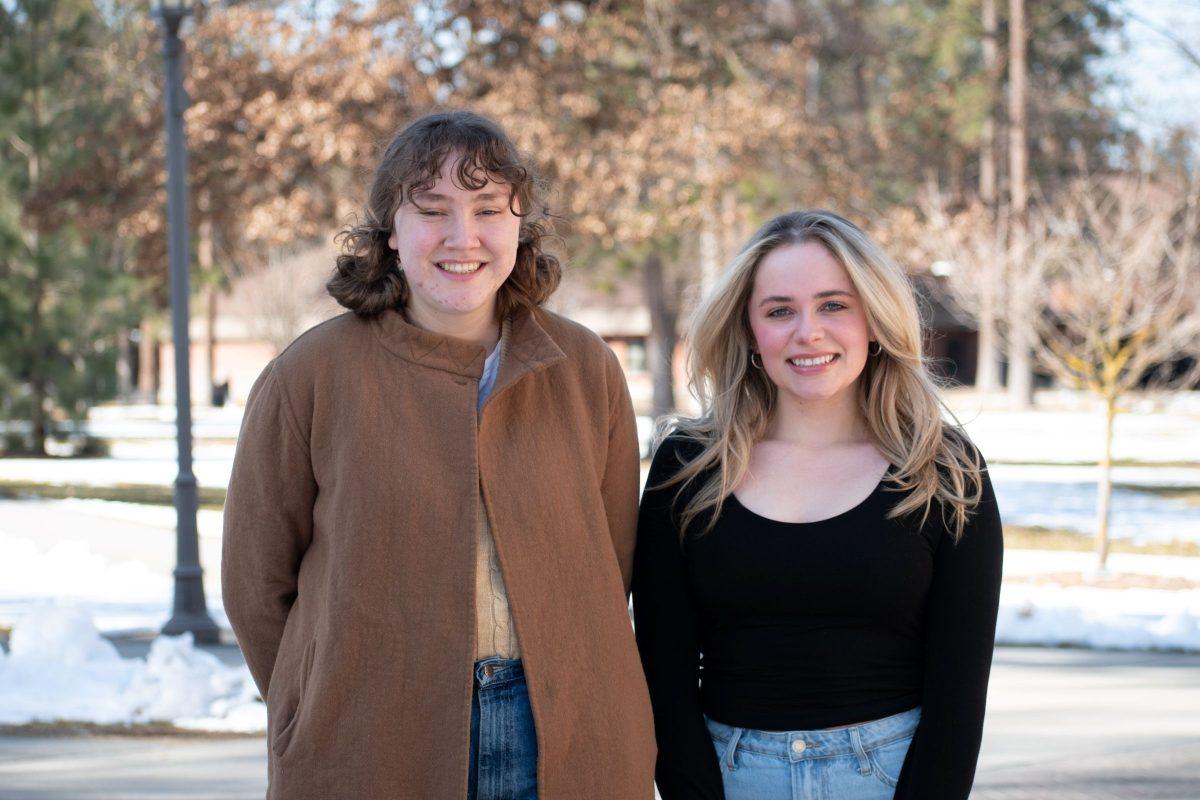Step 7 examines racial disparity with scenes and spoken word poet
Students walking through the Loop on the evening of May 1 might not be met with the usual spring scenery of sun-bathers and frisbee players. Instead, they will find simulations in which various students and faculty will perform situations of racial disparity — scenes ranging from job interviews to health clinics to schools.
Step 7, a program put on by the cultural events team, aims to use the simulations to bring increased awareness of racial disparity as well as to help community members with identity development.
“The ultimate goal is to inspire social activism,” said Angeles Solis, a junior peace studies and sociology major and an organizer for the event. “That’s the seventh step.”
The first six steps will be revealed to participants at the event, she said.
As participants walk through the simulations, they will be challenged to step outside of their comfort zones, said Solis and Elizabeth Porter, fellow organizer and freshman speech communication major.
“It will get you past the critical point,” Porter said. “The point where you feel critical about yourself and the point of anger, making [participants] think about turning anger to motivation.”
As a part of the event, the organizers invited spoken word artist Micah Bournes to campus. Bournes’ poetry focuses on themes of identity and justice.
“I write about things I didn’t seek to write about,” Bournes said. “As I was growing in my faith, they were things I was struggling with.”
He went to a predominantly white Bible college, and found himself struggling with his identity as a black man, Bournes said.
“I was always trying to prove myself,” he said. “When a friend got a D on a paper, it was better luck next time. When I got a D on a paper, though, I felt like I had failed to show what an African American could do.”
Bournes said he believes identity and justice go hand in hand because when people realize the universal human identity as having been made in the image of God, injustice is much more difficult to perform.
The propensity to grapple with those issues of race, equality and identity are why the Step 7 organizers said they chose Bournes to take part in the event.
“Having cultural competency and knowing how to interact multiculturally is vital in today’s world,” said Brooke Borla, another organizer and junior health science major. “This program will help with that.”
While the organizing team members said they think it’s OK for students to be afraid to come to the event, they said they are trying to work to ensure the program is inclusive of everyone.
“I would say the majority of students are tired of diversity conversations,” Solis said. “A lot of people, and I would say myself included, feel it is the same conversation that doesn’t really lead to anything. It makes a lot of white people feel guilty, and it makes a lot of minority students feel singled out.”
The Step 7 program, though, will go beyond the normal conversation by allowing participants to actually be in situations they might see in real life, she said. By doing this, she said she hopes to create a safe environment for all students and community members to explore the issue of racial privilege.
Contact Lindsie Trego at [email protected]


